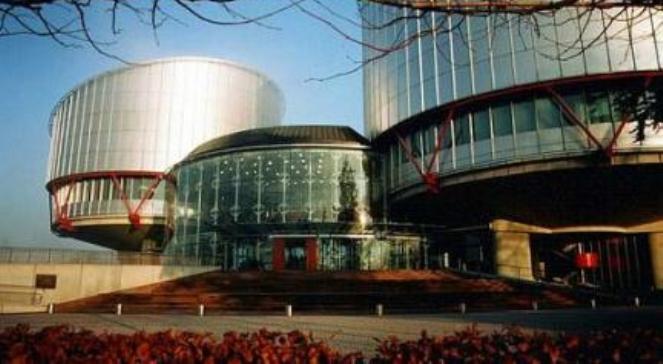
European Court of Human Rights: photo - echr.coe.int
Justice Minister Jaroslaw Gowin told Polish Radio on Tuesday that he was “very disturbed” about the court's decision, announced Monday night, and that it constituted a “threat to Polish security”.
The Foreign Ministry says that the declassification would hinder Poland cooperating with further investigations.
“The court must realise that from the moment it goes to the lengths of publishing all the information submitted by the Polish government, this will result in limiting our ability to cooperate,” Deputy Foreign Minister Maciej Szpunar told the Polish Press Agency (PAP).
“We'll have to count on the possibility that all of the information that we provide to the court will be made public,” he added.
The court's decision comes after Polish state prosecutors requested a further extension from the attorney general for their investigation into the existence of the alleged CIA prisons, after the probe was scheduled to be concluded in February.
On 27 January, Mikolaj Pietrzak, lawyer for Saudi Abd al-Rahim al-Nashiri - who filed a complaint to the court in May 2011 claiming he was detained in a CIA jail in Poland from 2002 to 2003. The lawyer claims that Polish authorities were dragging out the probe in fear its conclusions would create embarrassment for the country’s authorities.
The declassified items are thought to reveal how Poland attempted to avoid submitting certain documents about the alleged existence ofthe CIA prison.
'Globalizing Torture'
Meanwhile, a new report by the Open Society Justice Initiative NGO, released on Tuesday, has detailed what is thought to be known about the CIA rendition programme, which involved 25 European countries, 14 in Asia and 13 in Africa, where terrorist suspects were imprisoned and, in some cases, tortured.
The European nations involved were Romania, Lithuania, and Poland but also Germany, Croatia, and the UK among others, claims the report.
“The moral cost of these programs was borne not just by the US but by the 54 other countries it recruited to help,” one of the reports authors, Amrit Singh, says.
The report, Globalizing Torture, claims that there were 136 known victims involved in the programme following the 9/11 attacks in New York and Washington, alleging that “responsibility for the abuses lies not only with the United States but with dozens of foreign governments that were complicit”
“By enlisting the participation of dozens of foreign governments in these violations, the United States further undermined longstanding human rights protections enshrined in international law—including, in particular, the norm against torture,” says the report.
“The CIA secretly held its detainees in Afghanistan, Lithuania, Morocco, Poland, Romania, Thailand, and Guantánamo Bay,” the report claims, with “a hundred detainees […] held under the CIA secret detention program, about a third of whom were questioned using enhanced interrogation techniques [or, torture].”
In a section on Poland, the report says: “CIA-operated planes used for detainee transfers landed at Szymany airport, near the town of Szczytno, in Warmia-Mazuria province in north-eastern Poland. Polish military intelligence officials and Polish documentation confirmed [in subsequent media reports] that “high value detainees” entered Poland “on the runway of Szczytno-Szymany [airport]. Passengers from flights were transferred in vans that promptly departed Szymany airport for the Stare Kiejkuty intelligence training base where the “high value detainees” were held.”
President of Poland at the time of the allegations, Aleksander Kwasniewski and Prime Minister Leszek Miller both deny knowledge of the CIA 'black site' programme on Polish soil. (pg/nh)